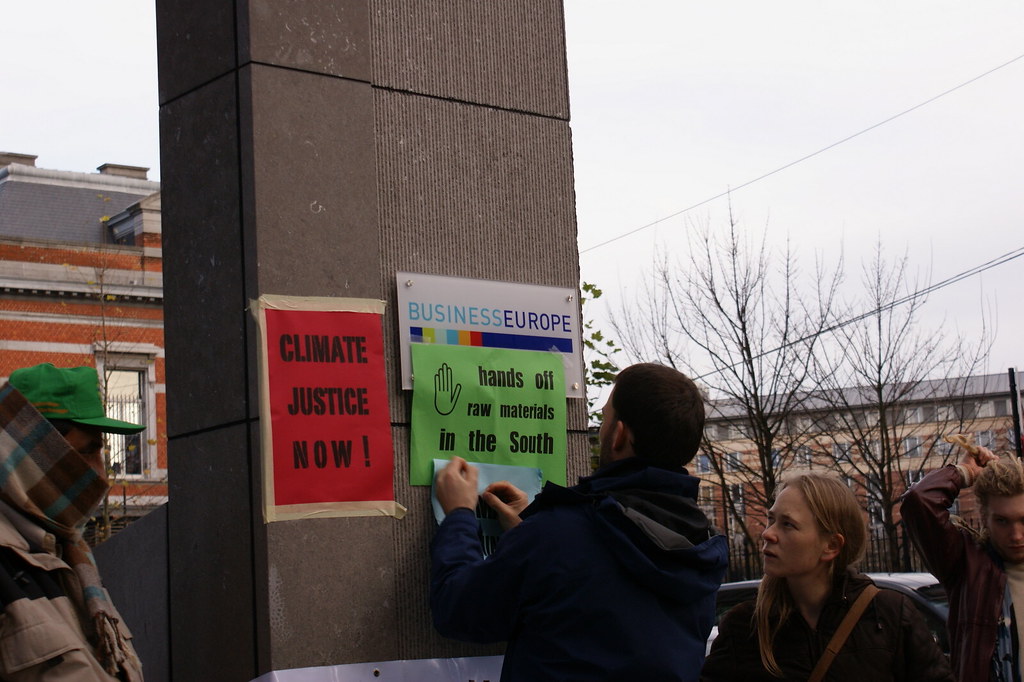Strengthening economic relations between EU and Mercosur countries - Declaration from business confederations of Mercosur and Europe
All the versions of this article: [English] [français]
Business Europe | 26 November 2020
Strengthening economic relations between EU and Mercosur countries - Declaration from business confederations of Mercosur and Europe
The business confederations of Mercosur and BusinessEurope gather today to reiterate their full support to the EU-Mercosur Agreement and their commitment to work together with public authorities in the EU and Mercosur countries to ensure its rapid ratification and implementation.
The deal offers very good opportunities to both Parties’ economies and societies and it is crucially important not only for strategic and economic reasons, but also from a sustainability perspective.
Underpinning strategic objectives - This is the largest trade agreement ever concluded by either the EU or Mercosur. The EU would have a first mover advantage in an economic bloc that is now willing to open up for the first time. Without quick progress on the technical details and with the ratification process, the first mover advantage will likely disappear. On the Mercosur side, the agreement offers access to a large market that is highly integrated in the world economy and equalize levels of competition and provides an opportunity to diversify their sources of supply. Furthermore, the deal opens doors for further cooperation and alignment between the EU and Mercosur in several areas ranging from climate and healthcare to reinforcing the multilateral trading system. Notwithstanding and if needed Governments should minimize potential side effects.
Untapping the economic potential – Both Mercosur and the EU are large markets, and they enjoy a long tradition of trade and investment. However, the huge potential of the economic relationship is to this day hindered by a high number of tariff peaks, customs procedures, testing and certification requirements. Regulatory cooperation is key in this process and should be addressed as such. The agreement would open up new opportunities and enable further access by small and medium-sized companies. Some examples of joint benefits are the removal of high tariffs, access to government procurement markets, rules on trade facilitation and non-tariff barriers and the protection of an impressive number of Geographical Indications for both sides - 355 European GIs and 220 for Mercosur.
Furthering sustainable development - The deal also represents a unique opportunity for the EU and Mercosur countries to demonstrate their commitment on labour and environmental rights, since the Sustainable Development chapter is the most advanced in FTAs. For the first time in the text of a trade agreement, both Parties have agreed to effectively implement the Paris Agreement on climate change and to cooperate on the climate-related aspects of trade between the two sides. Commitments on workers’ rights and environmental protection will be enforceable through a dispute settlement mechanism that includes a role for civil society organisations and calling on expertise of international bodies, whose reports and recommendations must be made public.
The business opportunities created by this agreement would also be important and urgent to the recovery of the shocks created by the Covid-19 pandemic. With the EU-Mercosur Agreement, businesses from both sides can, and will, engage to advance a clear and common vision of a green recovery.
Signatories:
BusinessEurope
CNI - Brazilian National Confederation of Industry
Unión Industrial Argentina
Unión Industrial Paraguaya
Cámara de Industrias del Uruguay






